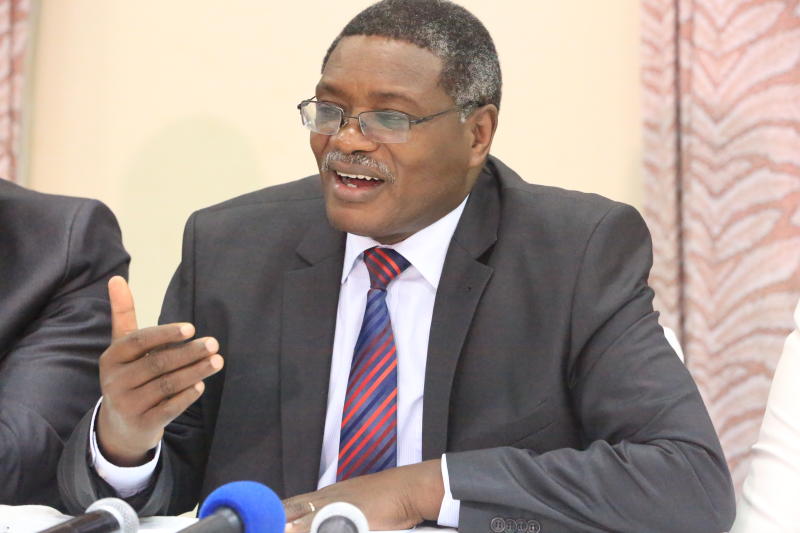×
The Standard e-Paper
Fearless, Trusted News

At its prime, the National Council of Churches of Kenya was the at the core of progressive political reforms and every major national discourse.
Riding on solid and undivided support of dozens of member churches, NCCK fought and scored major victories culminating in the epochal 2010 constitutional moment.